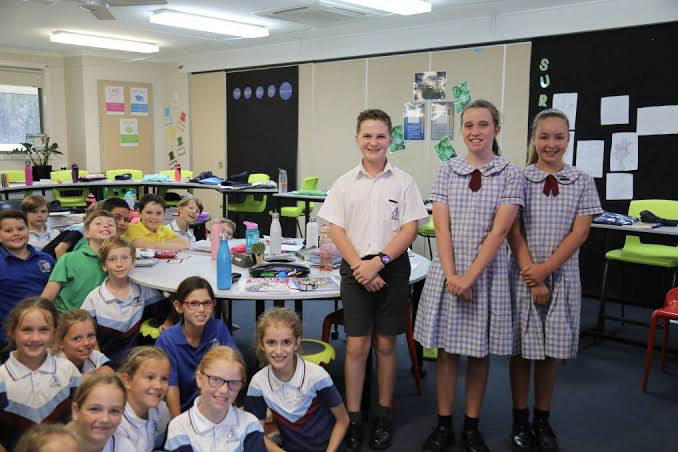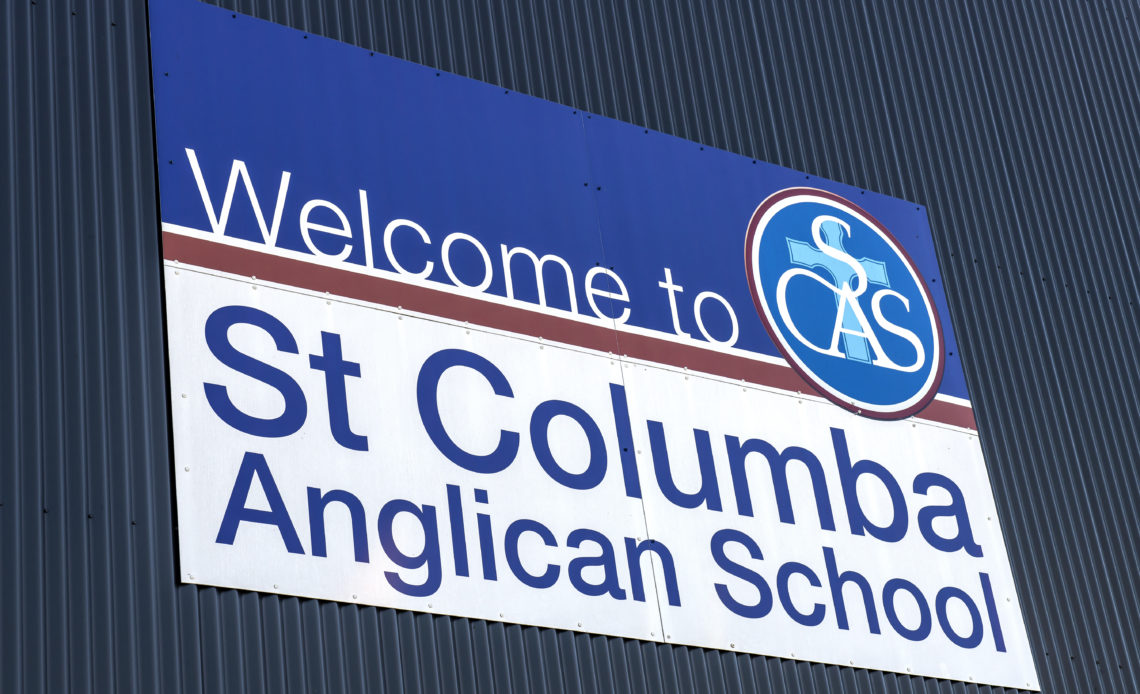
“Sydney private school fees tip $40,000”
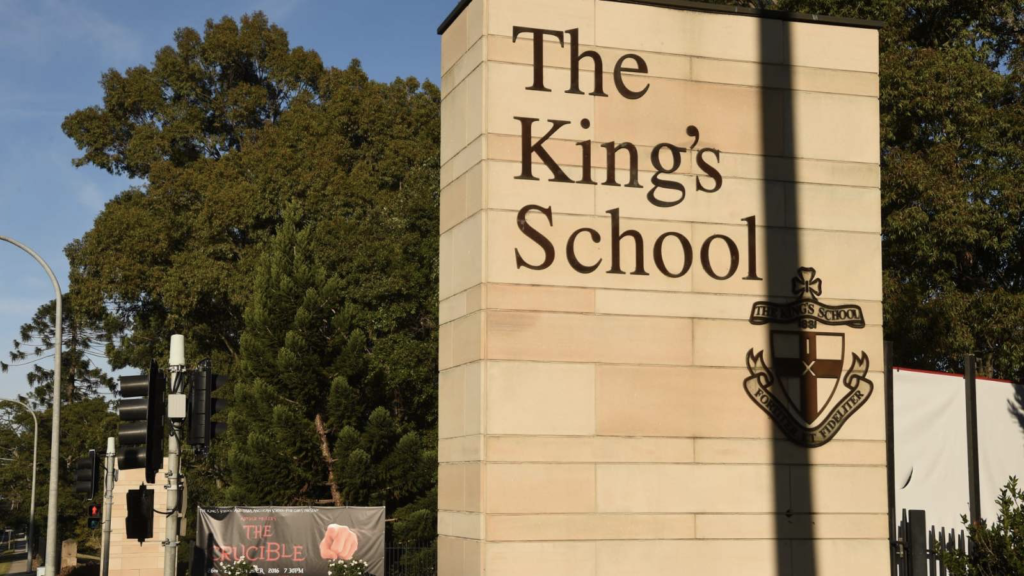
As the new school year begins, so do the headlines about school fees and the over-funding and under-funding in education. Like the summer heat and holiday traffic there is a certain inevitability about education in the media at this time of year.
“The Herald running a front page story on private school fees – it must be January. More predictable than cicadas. ” – John Dinan, Cheltenham, SMH, January 28.
While it might be considered flattering for schools like St Columba to be lumped in with the likes of The Kings School, Scots College, SCEGGS Darlinghurst, Sydney Grammar School and Pymble Ladies’ College when discussions come as to why parents pay for an independent education, the fact is that the average independent school in NSW is a relatively small, low fee educator in a regional area or in the outer suburbs of the “big smoke” (how pertinent has this phrase become in recent months).
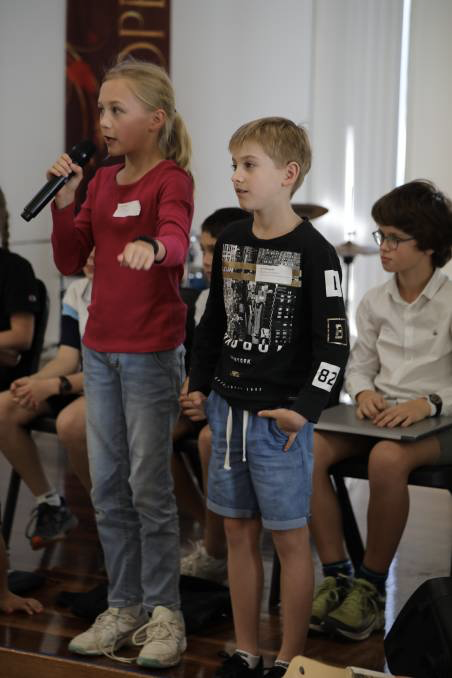
We are all independent schools and each school is unique, with its own expression of its community, its vision for education and its geography and culture.
Like St Columba, our independent schools are products of the demand by their communities for a style of education that aligns with their family values and aspirations.
We can only exist if what we do is supported by our community.
While we welcome the financial support offered to our school by federal and state governments, and are happy to comply with their regulations, we are, in the end, a service provider to our unique community.
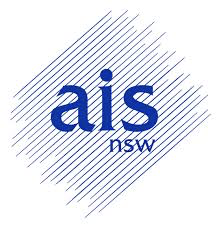
NSW Independent Schools at a glance: Independent schools operate autonomously and are not members of government or Catholic systems. All independent schools in NSW are registered by the NSW Education Standards Authority (NESA) and are educationally and financially accountable to their Boards and to the Australian and NSW Governments.
Academics and spin doctors can pore over statistics and argue about whether spending money on independent school fees are an investment or a waste of money for families.
We leave it to our families to choose:
- Is our school the “right” fit for their child?
- Do the values of our school align with theirs?
- Does our school offer the things that make learning achievable and success possible – safety, good professional practice, relevant and engaging lessons and opportunities to build on talent?
Somewhere underneath all the outrage and rhetoric, you will find the fact that schools like ours continue to serve their communities and provide our students with safe and engaging learning spaces that equip their students for a bright and satisfying future.

How do we most often see “private schools” described by commentators? “Elite”? “Privileged”? Perhaps even, “ivory towers”? These are the lazy and convenient lines we are disingenuously peddled over and over again about “private schools.” The term “private school” is largely meaningless. It is not used in this country by any government or formal educational organisations. It is commonly, and incorrectly, used to describe non-government schools, including Independent and Catholic system schools. But these schools are certainly not “private” in the sense of being for-profit businesses. We hear the same lazy myths about ‘private schools’, but the term is meaningless, Colette Colman, ABC
Mr Terry Muldoon Principal, St Columba Anglican School |


